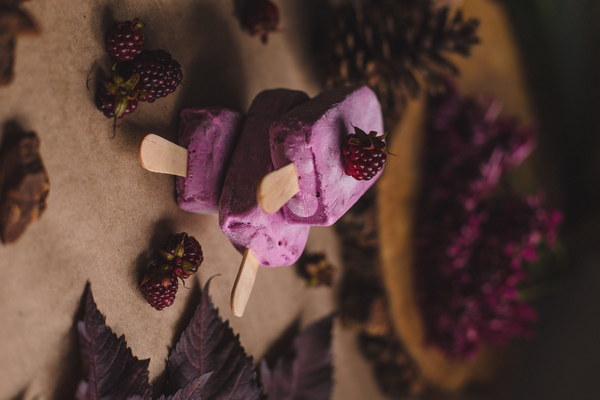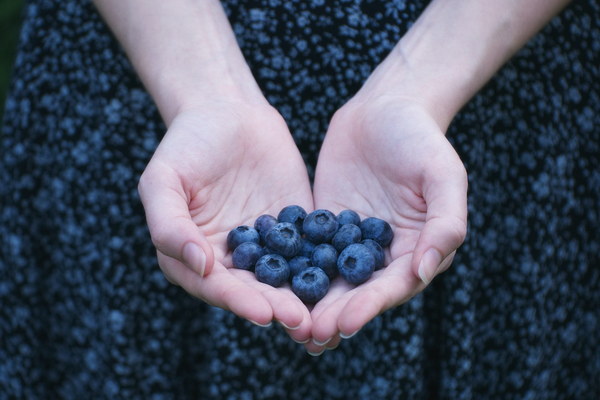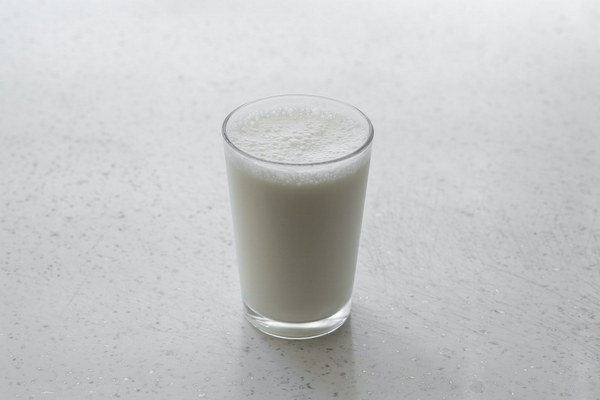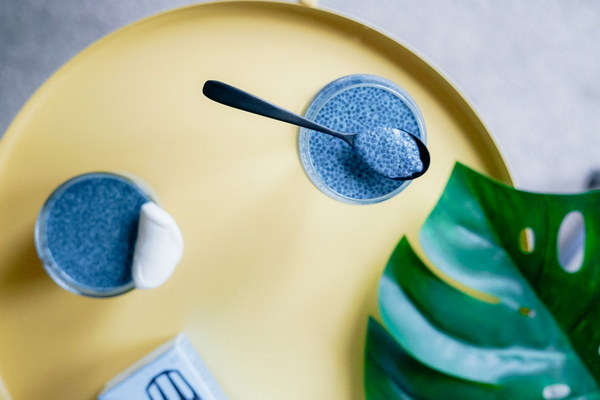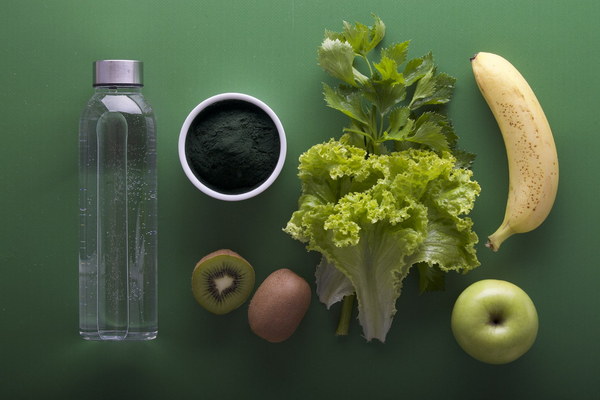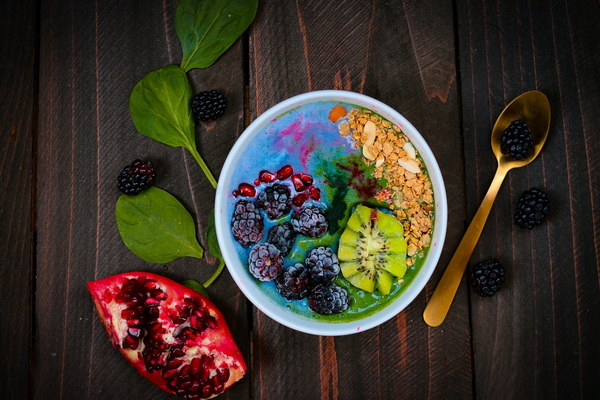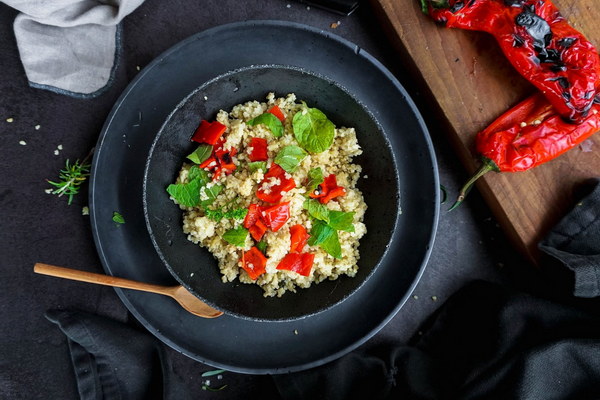The Revitalizing Power of Chinese Herbs Nourishing Remedies Unveiled
In the realm of traditional Chinese medicine, herbs have been the cornerstone of healing for thousands of years. These natural remedies are not only effective in treating ailments but also in promoting overall well-being. Among these, tonifying herbs stand out for their ability to invigorate the body, boost the immune system, and enhance vitality. This article delves into the fascinating world of tonifying Chinese herbs, exploring their properties, benefits, and usage.
Tonifying herbs, also known as Qi tonics, are a class of Chinese medicinal plants that aim to strengthen the body's vital energy, or Qi. These herbs are believed to address deficiencies in the body, thereby restoring balance and promoting health. Here, we will explore some of the most popular tonifying herbs and their remarkable properties.
1. Ginseng (Panax ginseng)
Ginseng is perhaps the most well-known of all tonifying herbs. This plant is revered for its ability to enhance cognitive function, boost the immune system, and increase energy levels. It is also thought to improve overall vitality and longevity. Ginseng is available in various forms, including roots, powders, and extracts, and is commonly used to combat fatigue, stress, and weakness.
2. Astragalus (Astragalus membranaceus)
Astragalus is another popular tonifying herb that has been used in Chinese medicine for centuries. This herb is believed to boost the immune system, improve cardiovascular health, and enhance physical endurance. It is often used to treat chronic fatigue, colds, and flu, as well as to support overall well-being.
3. Codonopsis (Codonopsis pilosula)
Codonopsis, also known as Dang Shen, is a versatile tonifying herb that is often used as a substitute for ginseng. It is believed to have similar properties, including enhancing cognitive function, boosting the immune system, and increasing energy levels. Codonopsis is also known for its ability to nourish the blood and support respiratory health.
4. Dang gui (Angelica sinensis)
Dang gui is a powerful blood-nourishing herb that is commonly used to treat anemia, menstrual disorders, and other blood-related conditions. It is also believed to boost the immune system, improve circulation, and enhance fertility. This herb is often combined with other tonifying herbs to create balanced formulas that address a variety of health concerns.
5. Rehmannia (Rehmannia glutinosa)
Rehmannia is a cooling, blood-nourishing herb that is often used to treat anemia, fatigue, and other blood-related conditions. It is also believed to enhance the body's ability to produce red blood cells and improve overall energy levels. Rehmannia is commonly used in conjunction with other tonifying herbs to create customized formulas for specific health needs.
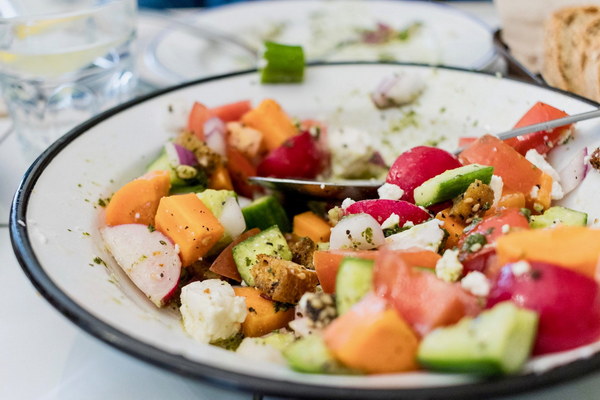
The benefits of tonifying herbs are numerous, and they can be enjoyed in various forms. These herbs can be taken as teas, powders, capsules, or extracts. However, it is important to consult with a qualified herbalist or healthcare provider before starting any new herbal regimen, as certain tonifying herbs may interact with medications or have contraindications for specific health conditions.
In conclusion, tonifying herbs are a valuable resource for those seeking to enhance their overall health and well-being. These natural remedies offer a unique blend of properties that can help address deficiencies, boost the immune system, and increase vitality. As we continue to explore the wonders of traditional Chinese medicine, tonifying herbs will undoubtedly remain a vital part of our healing arsenal.
